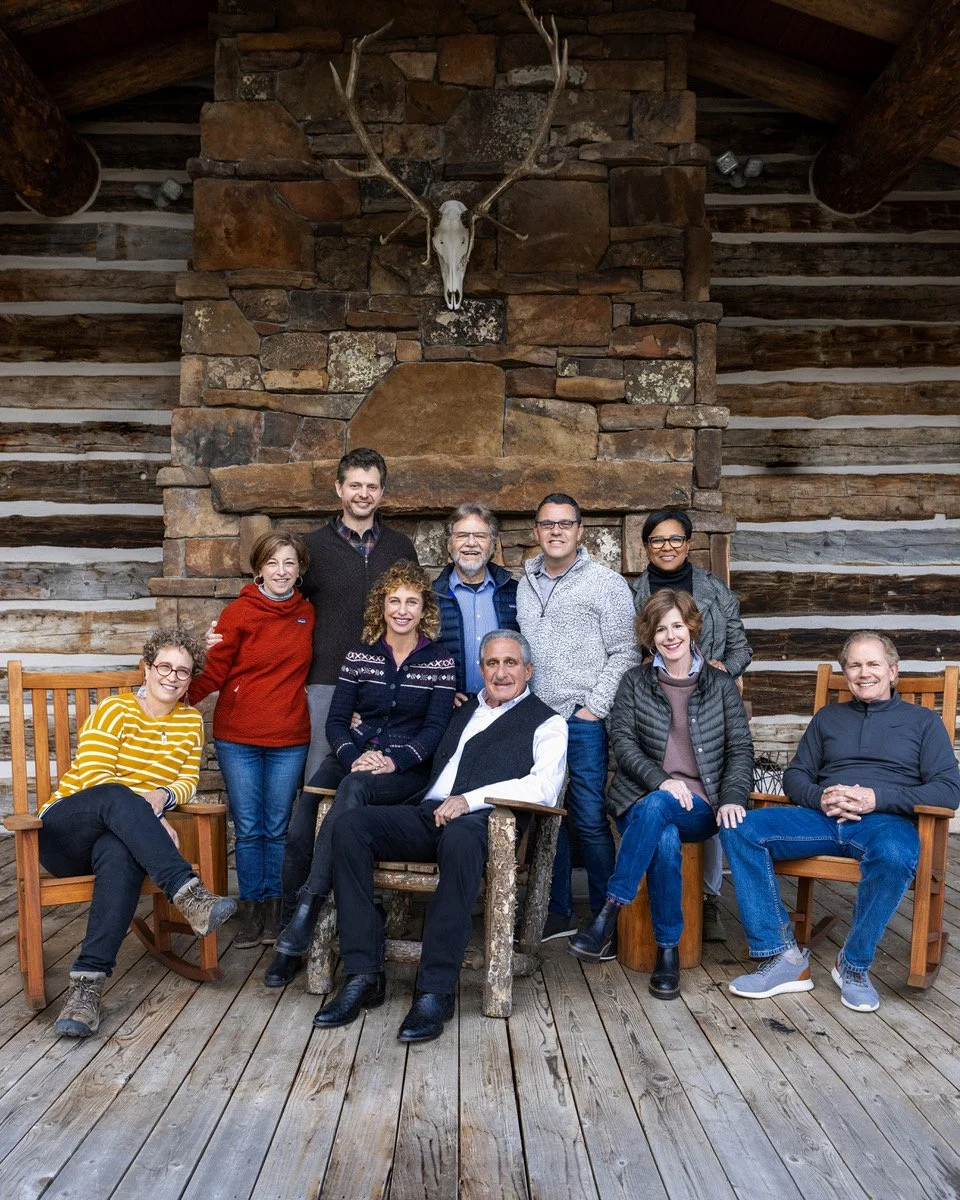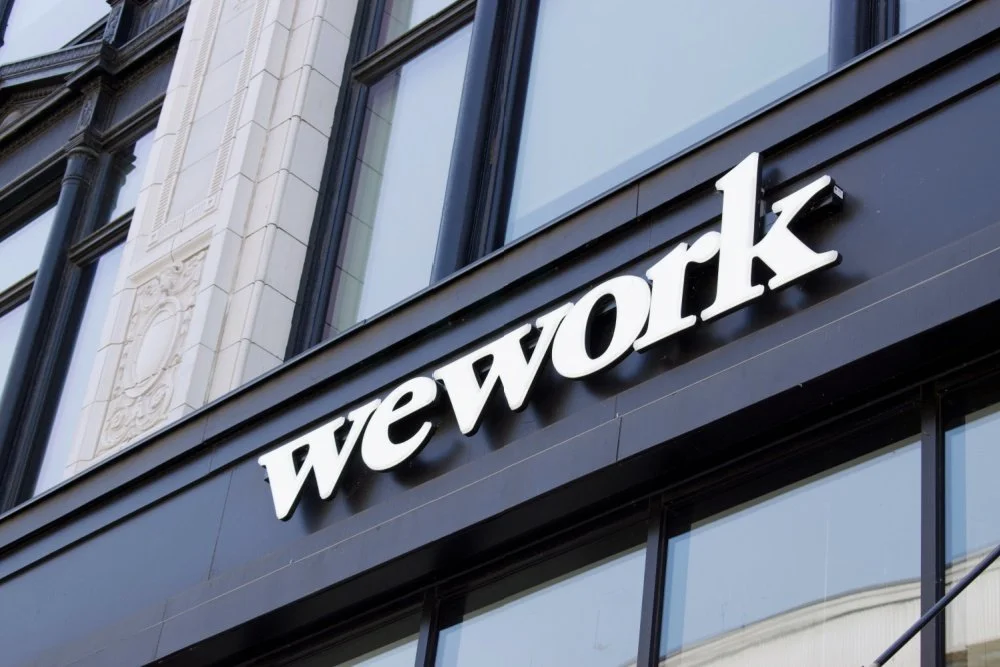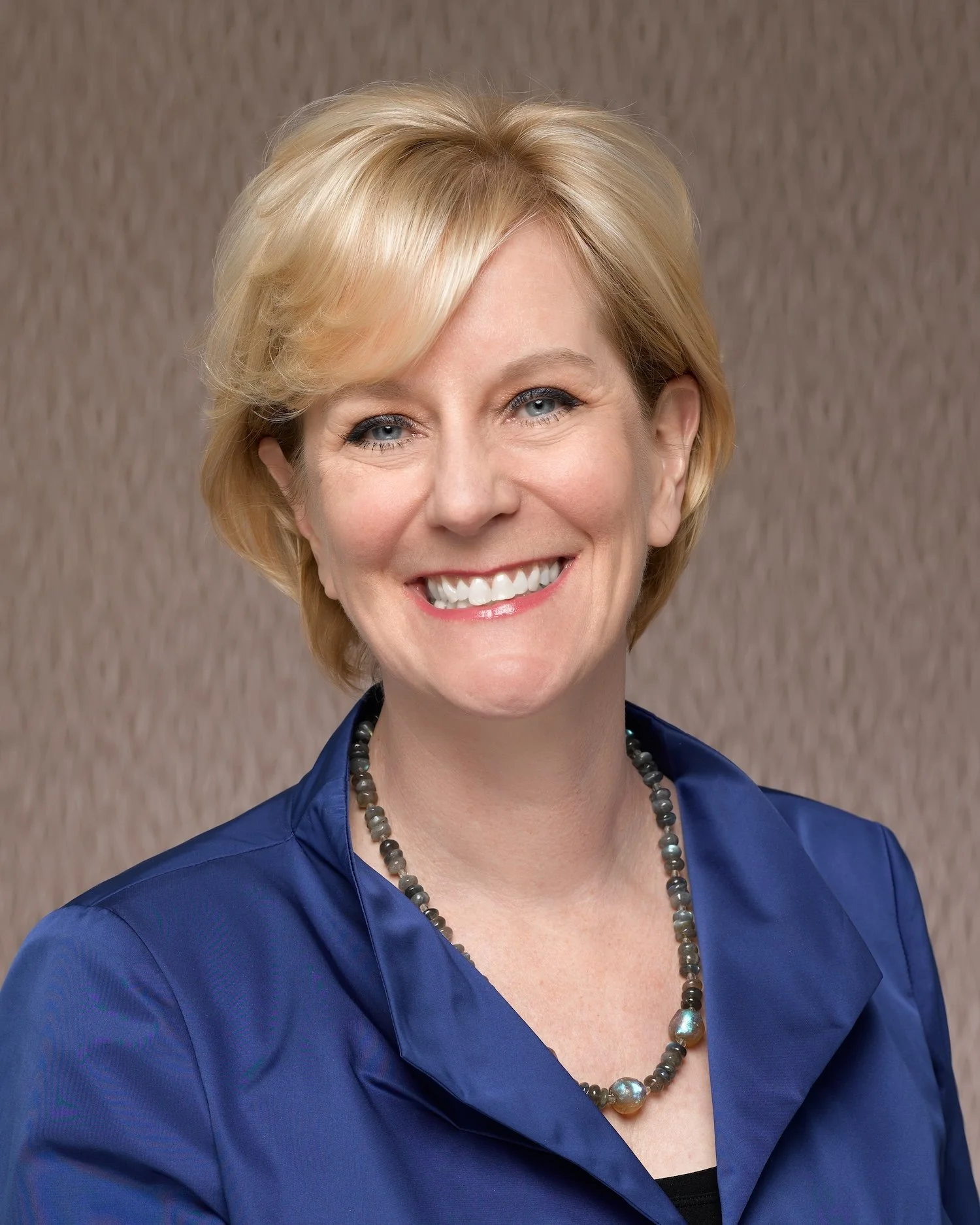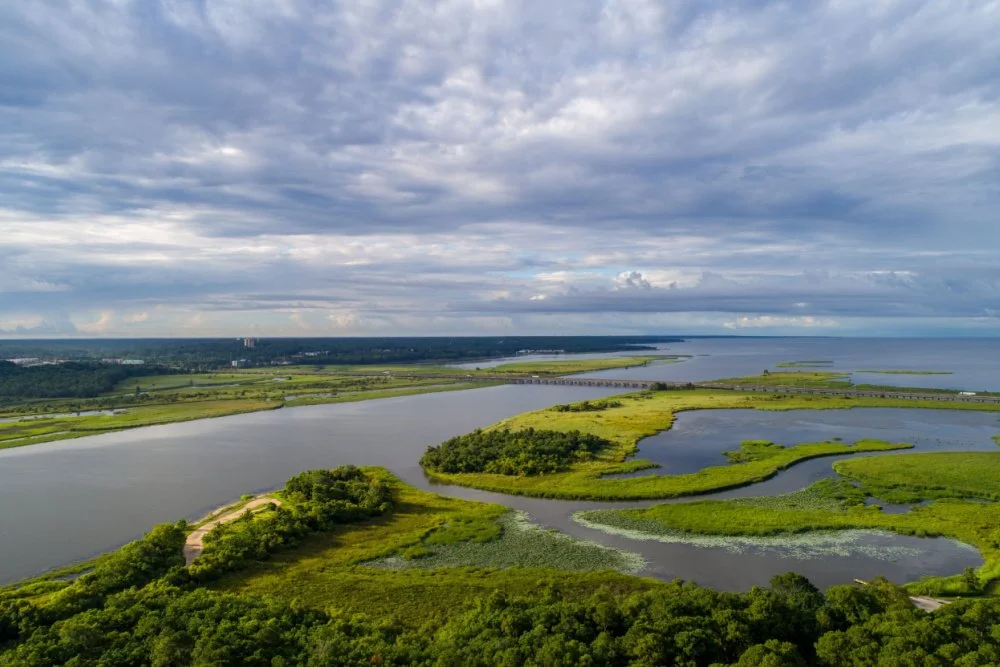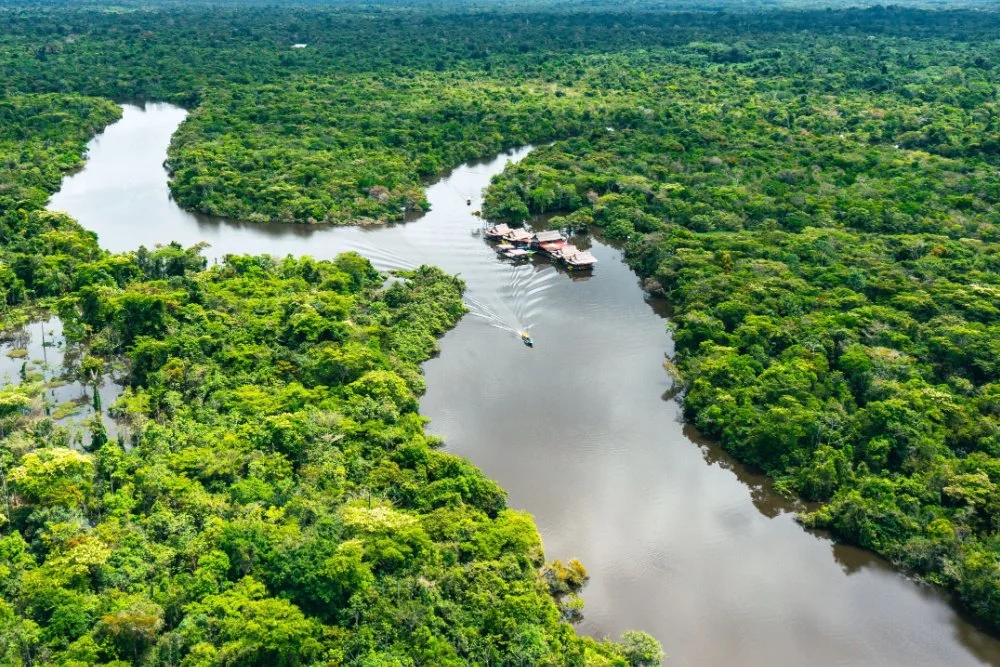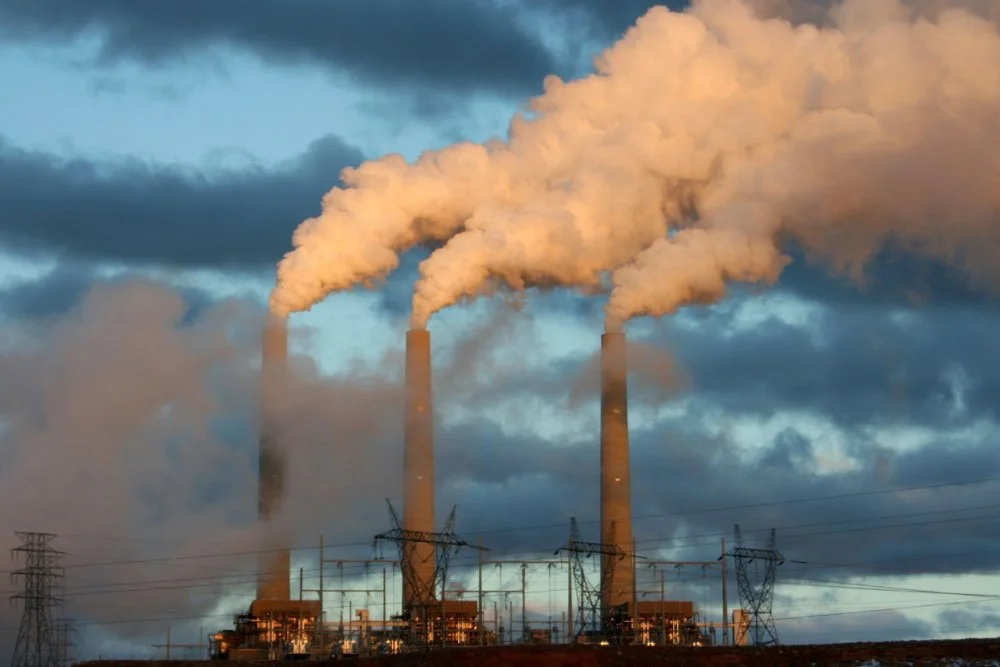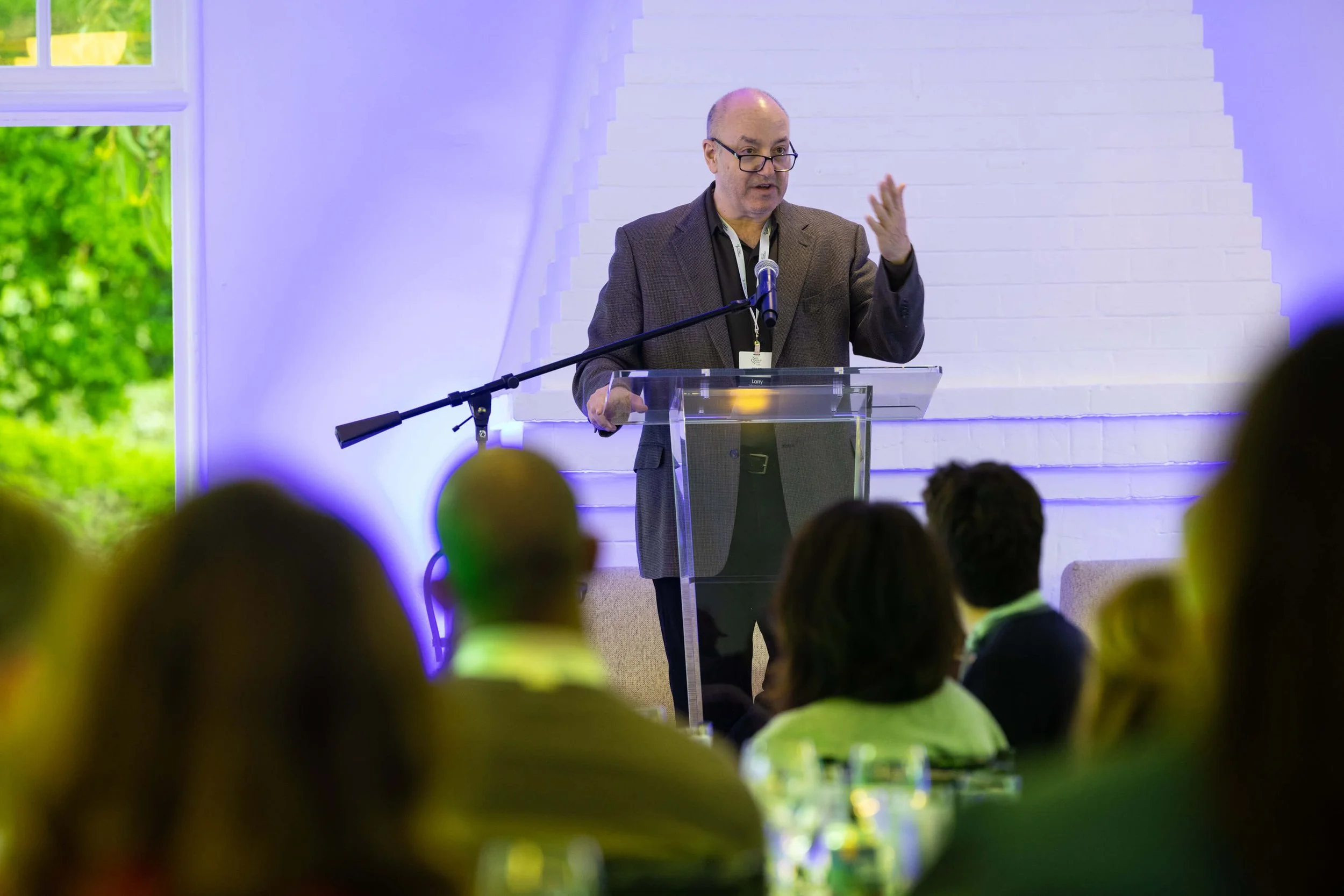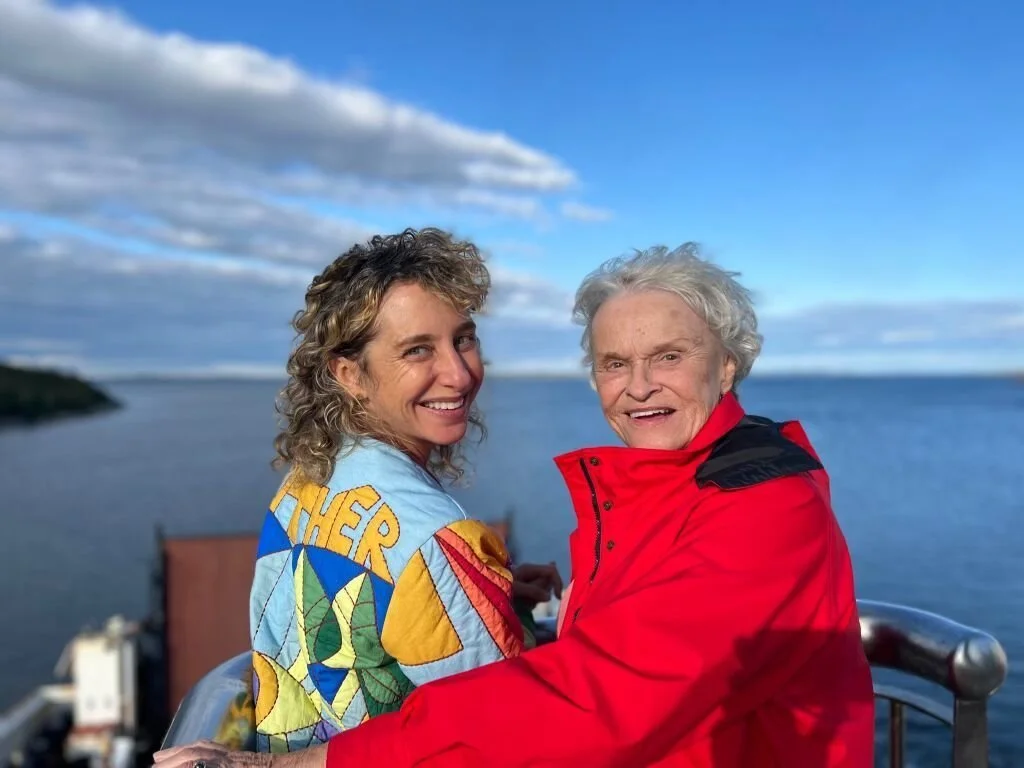A Small Family Funder Trying to Cure What Ails Environmentalism
/Photo: a katz/shutterstock
Sometimes it’s the smaller foundations that take on the most audacious goals. Like the Bullitt Foundation, with its deep-green commercial office building and accompanying green building program. Or Heron’s unparalleled commitment to impact investing. Or Wallace Global Fund’s incubation of the fossil fuel divestment movement.
Many of these early adopters are, in fact, working on a meta level, trying to change how the philanthropic or NGO sectors themselves operate, hoping to make an impact that reverberates further than they could reach alone. Another example of such a funder is the Overbrook Foundation, which has worked during the past few years to improve an underperforming U.S. environmental movement.
Overbrook is a progressive family foundation started in 1948 by Helen Altschul and Frank Altschul, who was a New York investment banker, and now led by a board of of third- and fourth-generation descendants and a small staff. With assets of about $156 million, Overbrook gives to a combination of human rights and environmental issues. On the environment side, that entails a mix of funding in Latin American conservation and corporate and consumer practices in the United States.
Starting in 2013, Overbrook embarked on an effort to address some of the issues that “hobble the progress of the environmental movement.” Those problems include competition among groups and an inability to identify shared goals and align interests. Overbrook also set out to broaden the environmental movement to connect with other progressive issues like social and economic justice.
This is a merging of two philanthropic strategies—using grantmaking power to connect groups with shared interests and making environmentalism more diverse and inclusive. We’ve written about inclusivity a lot lately, as there’s a compelling case that green funders and NGOs largely lack the base necessary to make a meaningful difference on complex and stubborn issues like climate change.
Related:
- A Funding Effort to Build a Stronger, More Diverse Climate Movement
- Now Are Funders Ready to Bankroll More Movement Building Around Climate Change?
In response, Overbrook in 2013 convened grassroots leaders, environmental groups, and funders on the issue, which developed into Building Equity and Alignment for Impact. The initiative seeks to break down barriers in the movement, support base-building, expand funding, and shift resources to more grassroots organizing. The initiative placed a big emphasis on allowing the grassroots to lead, and shifting away from the top-down, funder-led culture in green philanthropy.
The following year, the foundation started a new Movement Building subprogram within its environment giving, although it overlaps with its human rights work. The initiative backs organizations building strength in the environmental and progressive movements to make them stronger and more impactful.
The subprogram has given $1.86 million to date, according to its list of grants, much of which funds the BEA Initiative. But a number of national and regional alliances have received support as well. Some repeat grantees include the Wildfire Project, which trains and supports grassroots groups and connects them around justice issues. One of Overbrook’s biggest grantees is the Climate Justice Alliance, which has received annual support for its role in aligning community-based organizations behind environmental justice and just transition work.
The Climate Justice Alliance is a key organizer of the People’s Climate Marches. In fact, Overbrook is a big supporter of the marches, with a number of grantees on the steering committee. While the climate movement has a long way to go, the recent marches are good examples of what Overbrook’s going for—representatives from green groups, labor, justice and many others, showing up for one shared problem.
Related: Where Is Environmental Giving Headed? Here's a (Mostly) Hopeful Look








